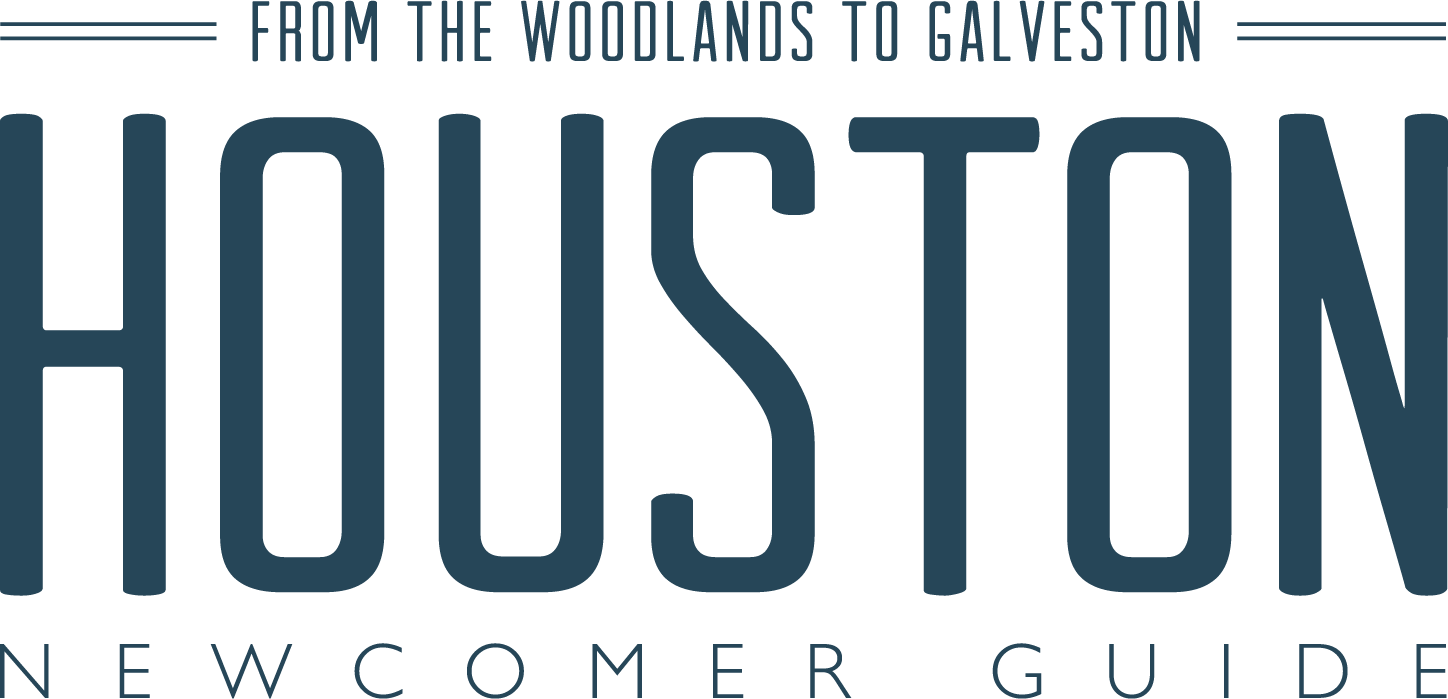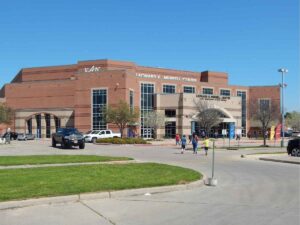When parents consider moving to a new home, one of the most important considerations is the quality of Houston Area Education and the academic opportunities available to their children. The Greater Houston region offers a dynamic mix of public, private, charter, and specialized programs that reflect careful planning, strong community investment, and a commitment to academic excellence. The quality of education in the Houston area is no accident—it’s the result of deliberate efforts, high standards, and a goal to ensure that every student is prepared for success.
Houston Area Education
For Houston area education opportunities, there are a multitude of quality private and public schools that you’ll discover in this section. Be sure to consider the specific educational needs of your child and meet with prospective teachers and administrators to ensure that your child is placed in the most appropriate school environment. Several independent school districts offer public education in the area, and each works to provide learning and extra-curricular options for all students while meeting the Texas Education Agency’s standards assessments and many have received numerous rewards for their efforts. Most districts offer dual credit programs, so students can earn high school and college credits at the same time.
There are also many adult educational opportunities to be found at University of Houston, Houston Community College, Lone Star Community College System as well as other well-respected universities and colleges.
STAAR
The State of Texas Assessments of Academic Readiness (STAAR) measures a child’s performance, as well as academic growth, college and career readiness. Results from STAAR calculate annual school and district performance ratings. Annual Assessments cover: reading and mathematics, grades 3-8; writing at grades 4 and 7; science at grades 5 and 8; social studies at grade 8; and end-of course assessments for English 1, English 11, Algebra 1, biology, and U.S. history.
Texas charter schools operate under and receive academic accountability ratings from the Texas Education Agency and adhere to the same STAAR test requirements as public school districts. Open-enrollment charter schools have the flexibility to adapt to the educational needs of individual students for a personalized learning environment where students can achieve more. Select charter schools even provide curriculum that specializes in a certain field such as the arts, mathematics or science. Some charter schools offer students in grades 9-12 the opportunity to take both high school and college courses at no cost. For more information and complete district and individual school information, visit tea.texas.gov.
STEM Education
STEM, an acronym for science, technology, engineering and math education, is an interdisciplinary and applied approach that is coupled with hands-on, problem-based learning.According to a recent poll of U.S. CEOs, employers will need 1.6 million new STEM employees by 2019. In 2013, the average STEM occupation paid about $80,000 annually; roughly 1.7 times the average yearly U.S. wage.
The Texas science, technology, engineering and mathematics (T-STEM) initiative provides a foundational approach to empower teachers, inspire students and advance STEM education. There are 70 T-STEM Academies and seven blended Early College High School/T-STEM Academies serving more than 40,000 students across the state.
Request your free Houston Newcomer Guide here




